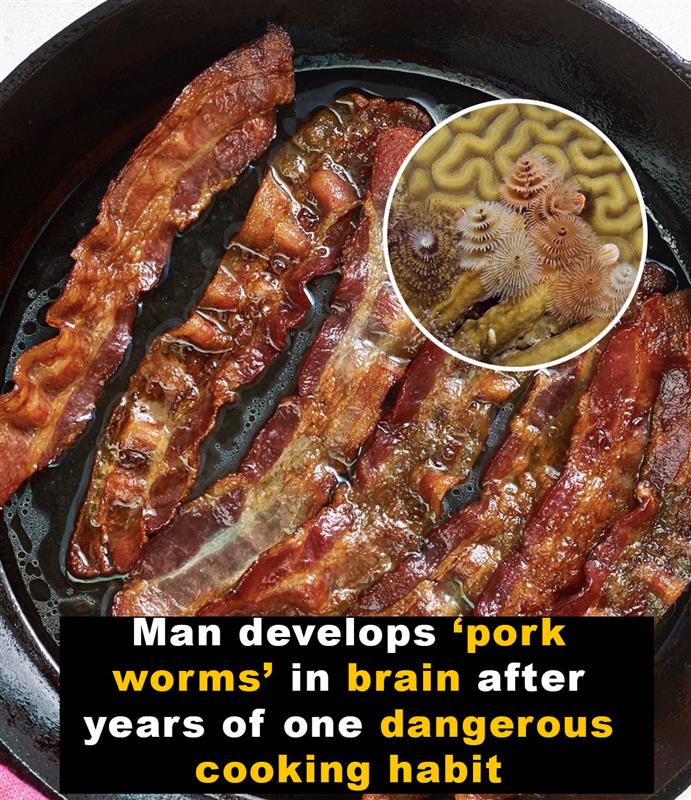Expert Weighs In: What Charlie Kirk May Have Experienced in His Final Moments
Did Charlie Kirk Know What Happened in His Final Seconds?
The assassination of Charlie Kirk on September 10, 2025, left the nation in shock. The conservative activist and founder of Turning Point USA was fatally shot while speaking at Utah Valley University. Thousands witnessed the tragedy firsthand, while millions later saw the viral footage online.
As Kirk collapsed from a neck wound, questions arose: was he aware of what happened, and did he suffer? These concerns, rooted in grief rather than morbid curiosity, quickly spread across social media.
To provide answers, neuropsychologist Derek Van Schaik studied the footage and applied decades of neurological research. His conclusion was clear: Kirk was conscious for no more than four-tenths of a second after the bullet struck. That window was too brief for the brain to process what had occurred.
Van Schaik explained that while pain signals can be detected quickly, the brain requires more time to consciously register them. In Kirk’s case, catastrophic damage to the carotid artery caused instant loss of blood pressure to the brain, leading to near-immediate blackout.
“Charlie’s death was essentially instant,” Van Schaik said. “There was no dread, no realization, only abrupt unconsciousness.” For many, this knowledge provides a measure of peace in the face of public tragedy.
Meanwhile, investigators identified 22-year-old Tyler Robinson as the alleged shooter. Family members described him as increasingly political, raising concerns of radicalization. Robinson now faces murder charges, with his trial expected to dominate headlines.
For Kirk’s wife Erika and their two young children, the loss is deeply personal. Erika vowed to carry forward her husband’s mission, framing his legacy as one of resilience and influence.
Science has answered one painful question: Kirk did not suffer. Yet broader debates over political violence, rhetoric, and national division continue to unfold.


